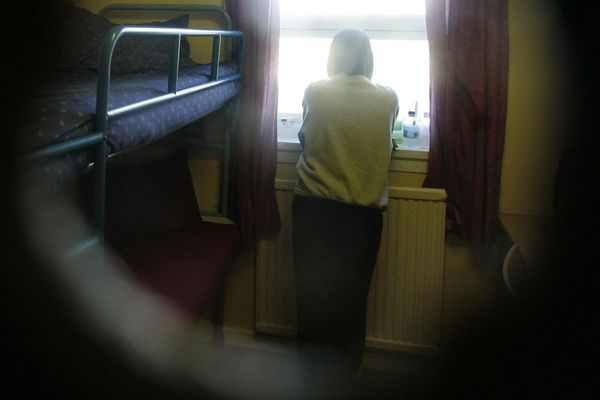
The auditor-general has, in the face of extraordinary resistance from the Department of Foreign Affairs and Trade (DFAT), revealed extensive and serious misconduct within the Australian Passport Office (APO), with 18 personnel and former staff under investigation for unethical conduct over contracts, costing taxpayers hundreds of millions of dollars.
The bombshell audit was initiated after the Australian National Audit Office (ANAO) concluded there was something rotten going on in the APO during a routine review published early this year. It then discovered that the Commonwealth Procurement Rules, which govern how taxpayers’ money is spent by government agencies, had been systematically trashed by staff within the APO between 2019 and mid-2023.
The ANAO findings about how the procurement rules were broken run into the scores, from relatively minor (not enough detail in reports filed on the government tender site Austender) through to the gobsmacking.
Among the most spectacular:
- Literally no procurement by the APO in those four years — none — was competitive. In fact, less than a third were not sham tender processes where office staff already knew who they would contract with and were just going through the motions.
- Tenders assessed as “low risk” ended up costing up to seven times the forecast costs; in one case a contract cost ten times its initial estimate. Other contracts were extended without proper processes, pushing costs up by over 1,000%; in one case a contract ended up increasing in cost by over 1,800% via extensions, costing hundreds of millions. In fact, the APO spent four times as much simply varying and extending existing contracts than getting new contracts.
- Adding companies to panels of preferred contract suppliers with no process (and with the company repeatedly pointing out it wasn’t on the panel).
- Repeated fake claims that contracts had been put to open competition.
- An official who approached a mate in Deloitte over coffee about a contract — with the resulting contract documents falsified to claim it was an “unsolicited proposal” from Deloitte. The cost would blow out 1,000% to over $3.5 million.
- Documents faked to claim quotes had been received from Indigenous firms.
- A contract worth over $850,000 was handed out based on “internal recommendations and word of mouth”; another worth over $800,000 was given to the incumbent despite their failure to get a tender in on time.
- The contractor who managed the APO’s procurement team had his own contract extended repeatedly for 10 years, and initiated an extension by emailing a subordinate (who was also a contractor) giving them the details of how he wanted his contract extended again. The APO then lied and claimed the contract had resulted from an open tender process.
- Preferred contractors were given inside knowledge on how to win tenders, and tender panels simply went through the motions because their chairs had already decided to hand the tender to an incumbent: “The department had already identified its preferred supplier or candidate prior to approaching the market for 52 contracts totalling $305.5 million, which equates to 71% of the 73 APO contracts examined by number or 75% by value.”
- Near-routine failure to declare or manage conflicts of interest, often of major conflicts like former employees of tenderers chairing tender selection panels.
- Four officers took not one but two junkets to Port Douglas to scope a conference venue, at a cost of over $30,000, only to move the conference to Canberra, blowing the $100,000 given to the Port Douglas venue (“the procurement of a resort in Port Douglas did not comply with the requirements of the DFAT procurement policy and did not represent value for money”).
As a result, “18 individuals, comprising both employees and contractors, are ‘persons of interest’ (meaning they were being investigated or being considered for investigation or referral).” But that was not before DFAT tried to ignore the issue. “The ANAO first raised concerns regarding integrity and ethical matters that had been identified during the audit with DFAT in April 2024. DFAT initially advised the ANAO that it did not have sufficient investigatory resources to examine the matters identified.” It was only after the ANAO unearthed more dirt that DFAT began investigating itself.
Worse, DFAT actively resisted providing ANAO with information, leading to an extraordinary and rare clash between the auditor-general and a major department. In October 2023, ANAO asked DFAT to provide some emails, only for DFAT to refuse to hand them over. So the ANAO used its compulsory information-gathering powers under the Auditor-General Act and slapped DFAT with an order to produce. DFAT was forced to hand over the emails by December.
You can run, but you can’t hide from the auditor-general.







